Working Together to Respond to Crises: Earthquakes in Turkey and Beyond
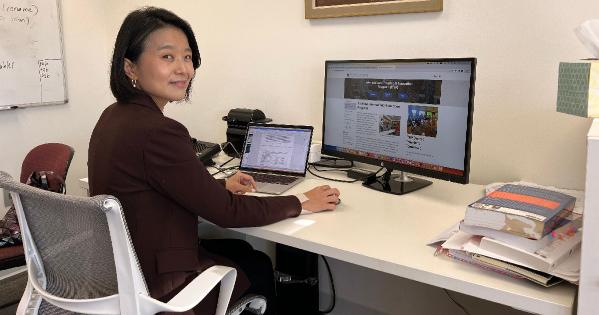
With the recent earthquakes in Turkey and Syria and more than 36,000 people dead and countless injured and displaced, caring for, feeding, and educating those displaced is a worldwide effort.
Professorial Lecturer Dr. Jisun Jeong is a researcher and expert on forcibly displaced populations and has worked in humanitarian and development settings as a researcher, educator, and practitioner. Currently a faculty member in the School of Education’s International Training and Education Program, she is committed to interdisciplinary and policy-relevant research that contributes to socially just, equitable, and peaceful societies through relevant, quality education. Her research traces discourse around globally mobile education policy, its solutions, and challenges their (mis)alignment with context-specific local problems. After completing her education degree, Jeong pursued a master’s degree in international relations at Yonsei University, which led to her spending 10 years as an international humanitarian and education practitioner. Working in various crisis-ridden contexts, Jeong realized the importance of education for forcibly displaced children and families. She then completed her Master of Education at Teachers College at Columbia University and her doctorate at The George Washington University.
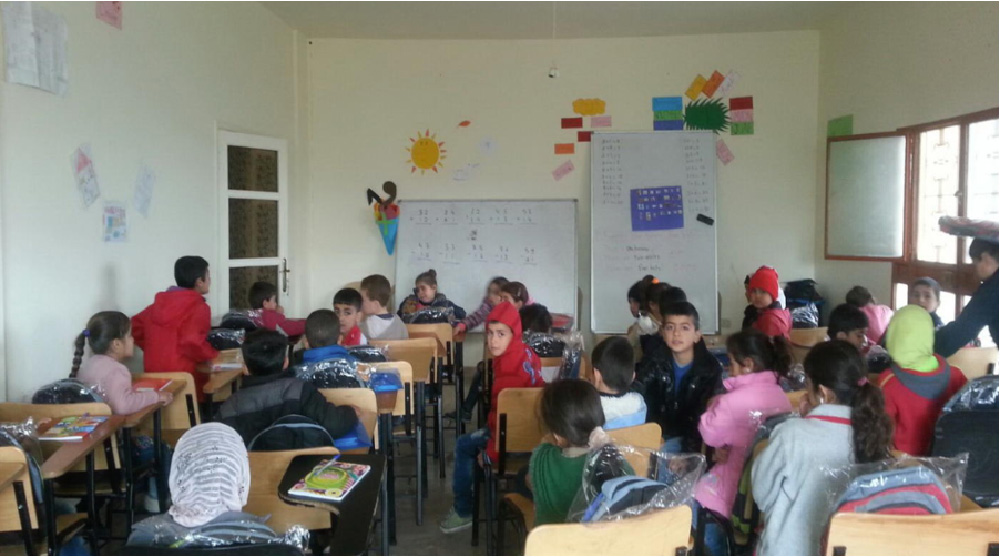 Her early work focused on disaster-affected populations, particularly in South and Southeast Asia. She was deployed to Bangladesh, Indonesia, Myanmar, and other places to design the emergency response and recovery programs in the areas affected by cyclones and earthquakes.
Her early work focused on disaster-affected populations, particularly in South and Southeast Asia. She was deployed to Bangladesh, Indonesia, Myanmar, and other places to design the emergency response and recovery programs in the areas affected by cyclones and earthquakes.
Jeong shared her thoughts on education and displaced populations, her early influences and her role at SOE.
On First Response in Turkey and Syria:
“At least find a safe learning space – it’s really important. This involves both physical safety and psychological safety. This allows for creating routines that humans crave but have lost, like going to school.
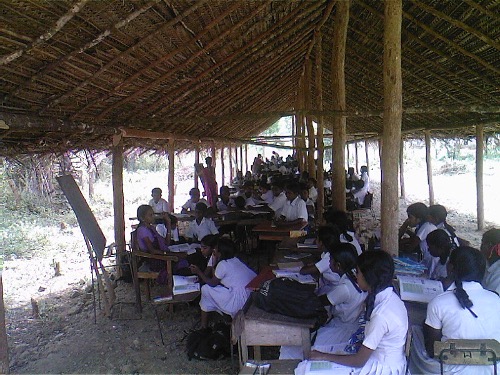 “One of the biggest problems we have in international development and international education is seeing these crises as only happening in that particular country. Refugees’ experiences are not that distant from us when we experienced COVID-19 – we are all in it together. Low-income countries are affected by emergencies, but it affects lots of countries with overlapping spaces. We should prepare for future emergencies and future challenges, and build resilience in the system. The challenge is how to move forward.
“One of the biggest problems we have in international development and international education is seeing these crises as only happening in that particular country. Refugees’ experiences are not that distant from us when we experienced COVID-19 – we are all in it together. Low-income countries are affected by emergencies, but it affects lots of countries with overlapping spaces. We should prepare for future emergencies and future challenges, and build resilience in the system. The challenge is how to move forward.
"Don’t see this kind of emergency as a one-off event, but something the global community has to collectively endure. Even if it's unpredicted, we can ready our education system for these future challenges. One method may be to have flexible learning modalities, and another may be to make the institutions more flexible (e.g., allowing different citizenships to attend).
On Development and Student Success:
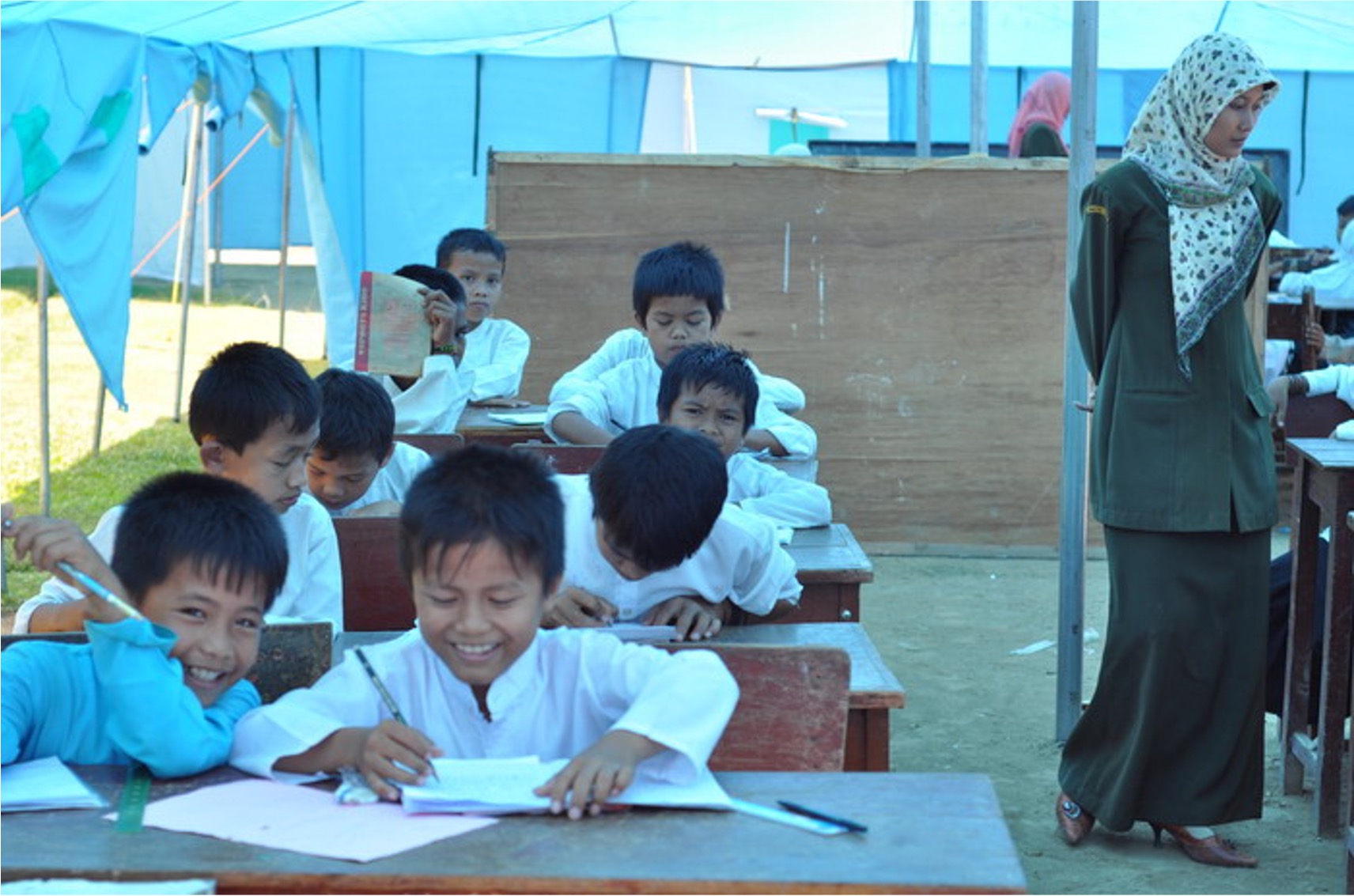 “In my own research, I’ve found it was assumed that if you fund a country’s education ministry, the teachers will be strong through support of the government. But it doesn’t always translate to the school level or classroom level teaching practices. International actors often forget that policy does not necessarily translate into practice, especially where teachers do not really trust the government. In Lebanon, I interviewed teachers who felt the government wouldn’t really do anything to improve their teaching quality. We really should look into supporting multiple levels, down to the classroom level, instead of assuming that government support equals classroom assistance. Change has to reach the teachers so that they can make change for the students. Teachers are among the most important factors to influence the quality [of education].
“In my own research, I’ve found it was assumed that if you fund a country’s education ministry, the teachers will be strong through support of the government. But it doesn’t always translate to the school level or classroom level teaching practices. International actors often forget that policy does not necessarily translate into practice, especially where teachers do not really trust the government. In Lebanon, I interviewed teachers who felt the government wouldn’t really do anything to improve their teaching quality. We really should look into supporting multiple levels, down to the classroom level, instead of assuming that government support equals classroom assistance. Change has to reach the teachers so that they can make change for the students. Teachers are among the most important factors to influence the quality [of education].
“Policy does not necessarily translate into practice, especially where teachers do not really trust the government. In Lebanon, my teachers in interviews had a very, very strong mistrust of government and felt the government wouldn’t really do anything to improve their teaching quality. We really should look into supporting multiple levels, down to the classroom level, instead of assuming that government support equals classroom assistance. Change has to reach the teachers so that they can make change for the students.”
On Refugees and Equity in Education:
“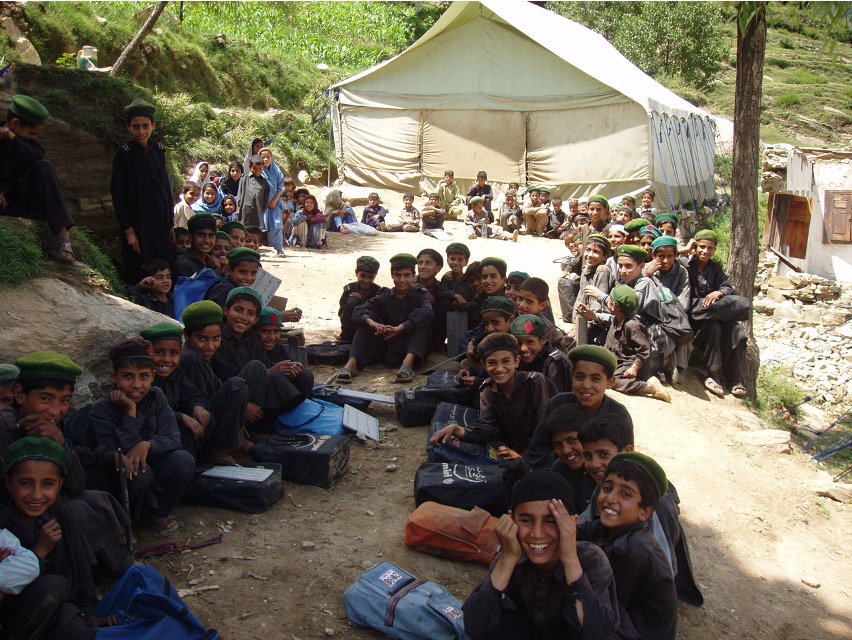 Global policy on refugee education has shifted since 2012 from educating refugees in segregated education systems to include refugees into national education systems, which is huge progress.
Global policy on refugee education has shifted since 2012 from educating refugees in segregated education systems to include refugees into national education systems, which is huge progress.
“Now, increasingly educators and researchers are grappling with quality and equity issues. For example, Lebanon, the country I researched, is a small country where they host more than one million Syrian refugees. Lebanon was a middle-income country that, through an economic crisis, is now low-income. To accommodate the exponential increase in Syrian refugee students, the Lebanese Ministry of Education and Higher Education opened schools to a second shift where Lebanese students attend in the morning, with a one-hour break before Syrian students attend the same schools. Students do not interact with each other so Syrian students are structurally included into the education system, but they are not relationally integrated with Lebanese teachers and students. Moreover, public schools in Lebanon are the least desired schooling option where only about 30 percent of Lebanese students attend because of its reputation of being low quality. Although there are many initiatives by humanitarian organizations to complement such situation to improve the equity and quality of refugee education, we really fall short of it.
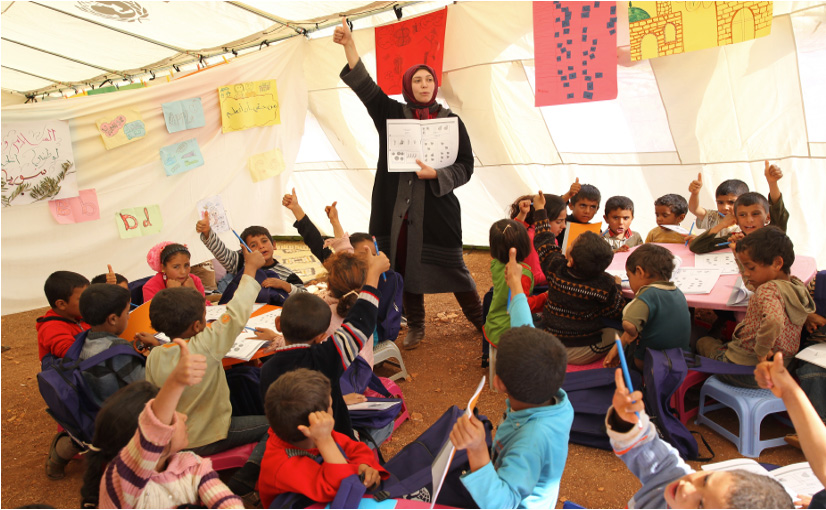 "Students who experienced forced displacements in these school settings likely have multiple challenges, including traumatic experiences. Teachers should really get to know the students better, get them to share their experiences, give them the opportunity to really contribute and build a relationship. They don’t need support just through academic knowledge taught toward national tests, but that personal engagement. Through activities or sharing their stories, and then integrate it into their academic subjects,using it as a teaching moment to socially and emotionally engage with them.”
"Students who experienced forced displacements in these school settings likely have multiple challenges, including traumatic experiences. Teachers should really get to know the students better, get them to share their experiences, give them the opportunity to really contribute and build a relationship. They don’t need support just through academic knowledge taught toward national tests, but that personal engagement. Through activities or sharing their stories, and then integrate it into their academic subjects,using it as a teaching moment to socially and emotionally engage with them.”
On Backpacking as Life Changing:
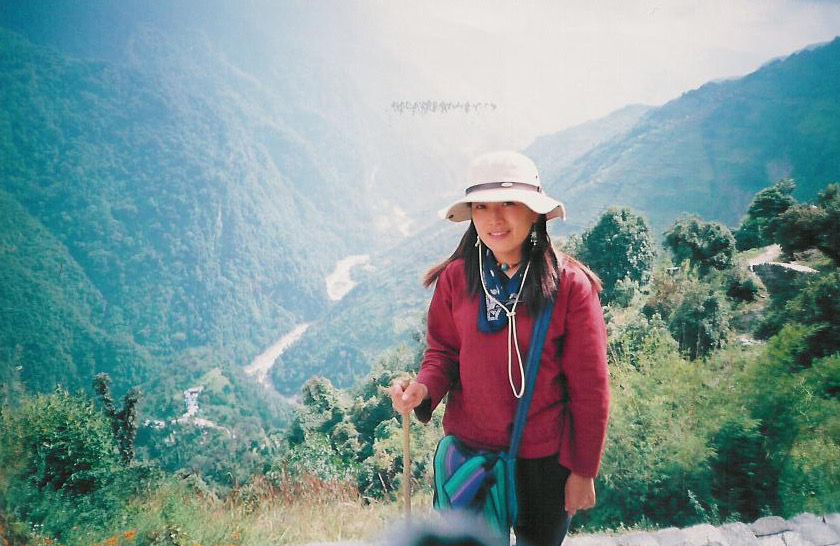
“Those anecdotal stories resonated with me as they were similar to the stories I heard from my grandma when I was growing up. She had been a refugee in China during the Japanese colonization of Korea. Later she was internally displaced during the Korean war, when she had to send her children, including my dad, to an elementary school that had been destroyed. Those were moments of my life that influenced my interest in forcibly displaced people, and also my interest in the role of education in peacebuilding.”
On the Power of Education to Make Change:
“What I really enjoy the most as a practitioner educating displaced populations is when I talk to people and see the changes occurring because of our activities and education. For example, a peace education project I did in Sri Lanka promoted tolerance among different communities in a nonformal education setting. It targeted middle-school girls and boys to engage in clubs and extracurricular activities as a cultural exchange so they could really understand each other better. From an art competition to a writing competition, we wanted to get the community together.
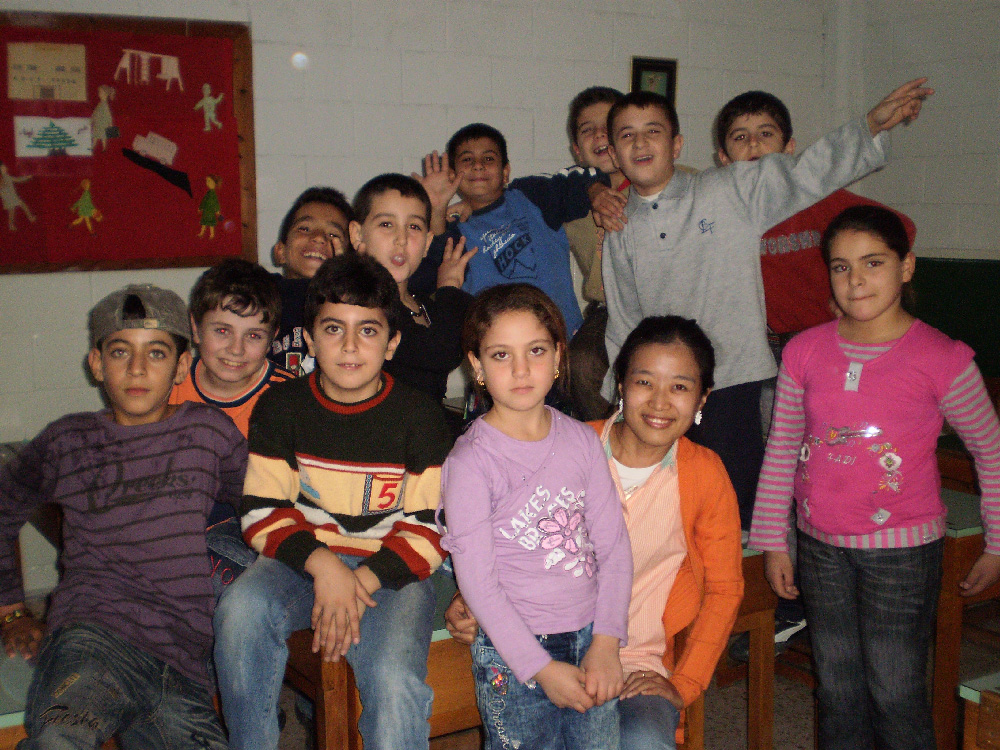 “Initially each perceived the other as mean and uneducated. What inspires me to do this work is that after one year of the three-year program, I saw how perceptions changed, and they spoke about other adolescents in much more favorable terms over time. Though it was an adolescent-based program, students engaged with their parents, too. It resulted in a much more peaceful community in general, though the sustainability is difficult. I think it really shows the power of education in building peaceful communities.”
“Initially each perceived the other as mean and uneducated. What inspires me to do this work is that after one year of the three-year program, I saw how perceptions changed, and they spoke about other adolescents in much more favorable terms over time. Though it was an adolescent-based program, students engaged with their parents, too. It resulted in a much more peaceful community in general, though the sustainability is difficult. I think it really shows the power of education in building peaceful communities.”
On Her Role at SOE:
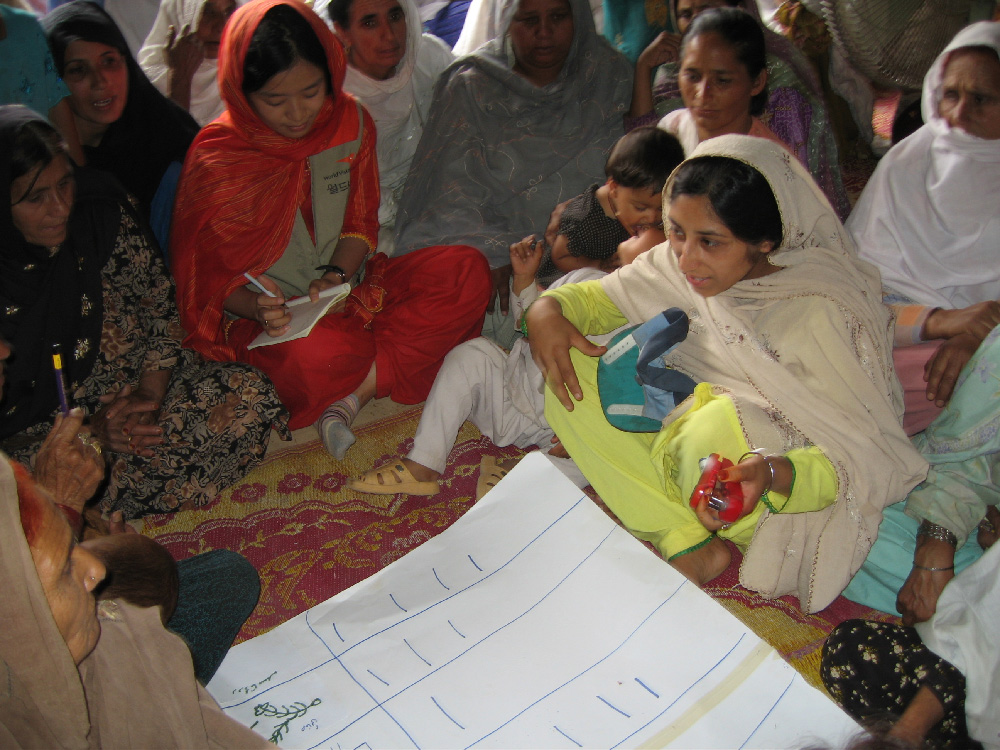 “All of us who are part of this global education aid architecture to improve education policy and programs – whether as a volunteer, practitioner, researcher, fundraiser, or educator – need to be better aware of the context to transform the system for those affected by crisis. In that regard, one of the best responsibilities I have at the university is that I get to support my graduate and undergraduate students, who are aspiring future education in emergencies practitioners or scholars, with opportunities to critically examine current practices and envision for a more transformative and equitable global education aid system and to think about their roles in it. I am committed to engage the students to be part of this collective endeavor together to better assist populations most in need."
“All of us who are part of this global education aid architecture to improve education policy and programs – whether as a volunteer, practitioner, researcher, fundraiser, or educator – need to be better aware of the context to transform the system for those affected by crisis. In that regard, one of the best responsibilities I have at the university is that I get to support my graduate and undergraduate students, who are aspiring future education in emergencies practitioners or scholars, with opportunities to critically examine current practices and envision for a more transformative and equitable global education aid system and to think about their roles in it. I am committed to engage the students to be part of this collective endeavor together to better assist populations most in need."
Organizations Supporting Earthquake Victims
Consider supporting the below organizations who will support those affected by the earthquakes in Turkey and Syria, among many other people worldwide.
